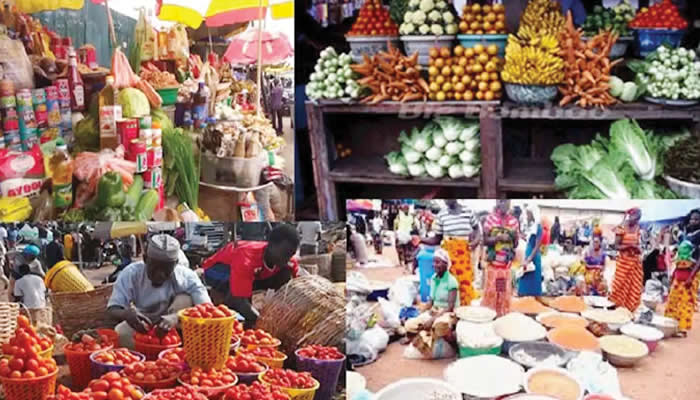The Nigerian government’s temporary import duty waiver on staple foods, implemented from July to December 2024, aimed to combat soaring food inflation and offer relief to citizens struggling with the high cost of living. The waiver targeted essential food items like rice, wheat, maize, and sugar, with the expectation of a 20% price reduction. Initially met with optimism, the initiative ultimately failed to achieve its objectives, leaving food prices stubbornly high and the nation’s dependence on imports unchanged. This failure underscores the complexities of addressing food security challenges with short-term solutions in a nation grappling with deep-seated structural economic issues.
Several factors contributed to the waiver’s ineffectiveness. The continuous devaluation of the naira against the dollar, despite the waived import duties, significantly increased the cost of purchasing goods in foreign currencies. The naira’s depreciation by nearly 18% against the dollar in 2024 negated any potential gains from the waiver, as importers still faced high costs when procuring goods internationally. This currency instability, coupled with a surge in food inflation to nearly 40% by November 2024, rendered the price of imported staples, like rice, still unaffordable for many Nigerians.
Furthermore, the lack of effective monitoring and enforcement by the government allowed traders and importers to exploit the policy for personal gain without passing the intended savings on to consumers. The absence of oversight and accountability created an environment where importers could pocket the difference from the waived duties, contributing to sustained high prices. Simultaneously, Nigeria’s fragile supply chain infrastructure buckled under the increased volume of food imports stimulated by the waiver. Clearance times increased significantly, and port congestion led to delays in the delivery of essential food items, further exacerbating the situation.
Contrary to the government’s hopes, the waiver did not stimulate local production and reduce the country’s reliance on imports. Nigeria continued to be a major importer of rice, and domestic production struggled to meet demand. The agricultural sector faced persistent challenges, including inconsistent yields, inadequate infrastructure, and the impact of climate change, which hindered growth. The 2.1% growth in agricultural output in 2024 fell far short of the 4% target needed to address the demands of the growing population, highlighting the waiver’s failure to address the underlying structural issues plaguing the agricultural sector.
Political instability and a lack of transparency surrounding the policy further compounded the problem. Public skepticism regarding the government’s ability to effectively manage the initiative was widespread, with many perceiving the waiver as a short-term political tactic rather than a genuine solution. This erosion of public trust undermined the policy’s effectiveness and contributed to its ultimate failure. Stakeholders, including rice processors and customs agents, expressed concerns about the policy’s implementation and its limited impact on food prices. The restriction of the waiver to rice millers, excluding direct traders, was cited as a major flaw that hindered price reductions.
The failure of the import duty waiver underscores the urgent need for long-term, sustainable solutions to address Nigeria’s food security challenges. Short-term measures like the waiver offer temporary relief at best but fail to tackle the root causes of the problem. The government must prioritize strengthening local agricultural production through investments in infrastructure, technology, and farmer support programs. Improving supply chain efficiency, reducing post-harvest losses, and creating a more conducive environment for agricultural businesses are crucial steps towards achieving food security.
Furthermore, addressing macroeconomic instability, particularly the fluctuating naira, is essential. Stable currency management is critical for ensuring that the cost of imports remains predictable and affordable. Implementing policies that promote export diversification and reduce reliance on foreign exchange for essential food items can contribute to greater economic stability and food security. Finally, fostering transparency and accountability in government policies and their implementation is vital for building public trust and ensuring the effectiveness of future initiatives.
The import duty waiver serves as a valuable lesson for policymakers. It demonstrates that tackling complex challenges like food insecurity requires a comprehensive, long-term approach that addresses the underlying structural issues. Focusing solely on short-term fixes, without addressing the root causes, is unsustainable and ultimately ineffective. Moving forward, Nigeria must prioritize investments in domestic agriculture, strengthen its supply chain infrastructure, and ensure stable economic management to achieve true food security for its citizens. This requires a shift away from reactive, short-term policies towards proactive, long-term strategies that build resilience and ensure sustainable access to affordable and nutritious food for all Nigerians.


